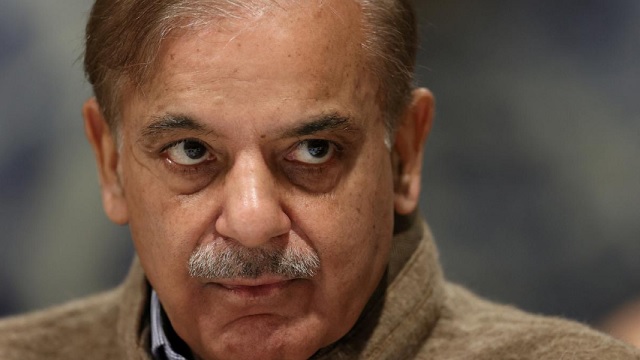Pakistan’s Political Landscape: Navigating Uncertainty for Stability
In the wake of an inconclusive election, Pakistan’s political arena finds itself at a critical juncture, with the appointment of Shehbaz Sharif heralding a potential path towards stability. While the Pakistan Muslim League-Nawaz (PML-N) celebrates its victory, efforts are underway to secure the participation of the second-largest party, the Pakistan Peoples Party (PPP), in the government.
Despite backing the choice of Shehbaz Sharif as the coalition candidate for premier, the PPP remains hesitant to join the administration fully, preferring to support from the outside. As internal committees convene to discuss government formation, questions loom over the feasibility of a stable coalition, particularly amidst economic turmoil and security challenges.
Analysts emphasize the necessity of a cohesive government with political authority to address Pakistan’s pressing issues, from economic woes to militant violence. Amidst negotiations and cautious optimism, the nation grapples with the imperative of forging a path forward that ensures both stability and effective governance.

